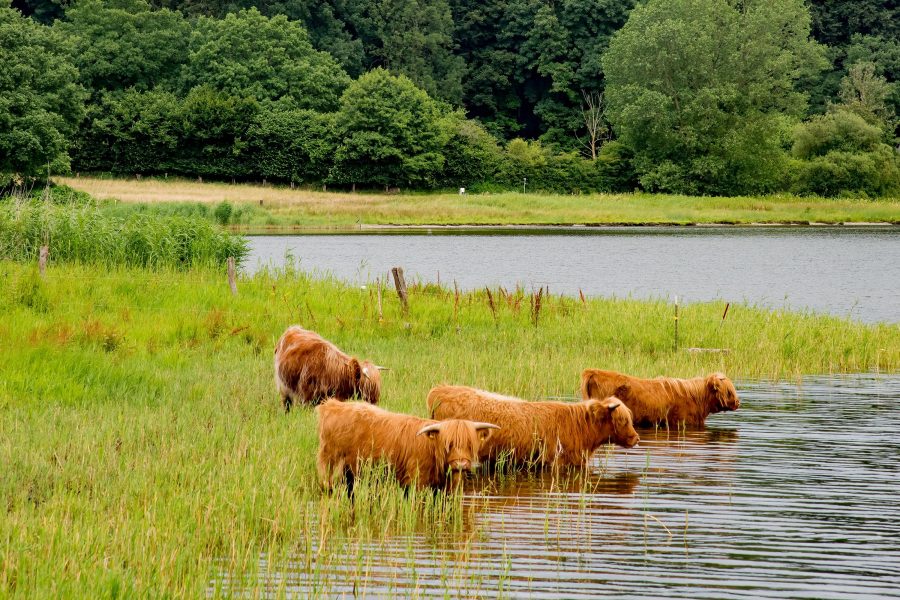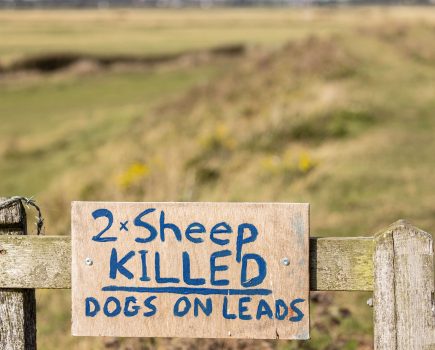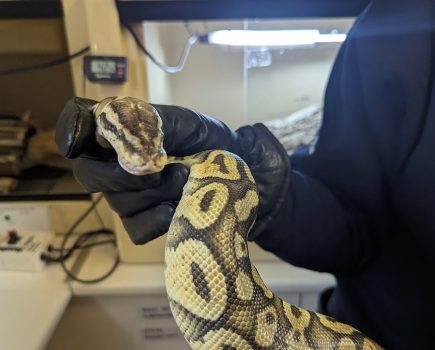From success with control of sheep scab to the creation of a new podcast series, the Sustainable Control of Parasites in Sheep (SCOPS) group says it is delighted with what has been achieved in 2023 – and looks forward to more in 2024.
Kevin Harrison, Gloucestershire sheep farmer and SCOPS Chair, says: “SCOPS has always been a very active group, achieving a huge amount with few resources, but it feels like 2023 has been even busier and impactful than previous years.
“Since the news broke that there was resistance to the injectable (ML) treatments for scab in 2018, SCOPS has been heavily involved in promoting responsible scab control. In the last couple of years this has come to fruition, with a huge increase in sheep scab activity in all the devolved nations.”
Last year SCOPS has also seen the implementation of a Worming Treatment Check (WTC) within the Vet Review element of Defra’s Animal Health & Welfare Pathway. Similar testing is now also available in Scotland, and SCOPS has worked hard to influence both schemes to be practical, meaningful and aligned with SCOPS principles.
Ms Stubbings explains: “The WTC is designed to check how effective a worming treatment has been, which means it also covers a discussion with your vet about dosing accuracy and the use of faecal egg counts. If carried out correctly and at the right time, it can give an indication if resistance is present, prompting further investigation.
“As expected, there have been some teething problems. Common problems include faecal samples that are not fresh, samples from ewes rather than lambs and/or too few or too many days between treatment. The problem is that a poor test will result in inaccurate results and that can lead to you making the wrong decision regarding wormer choices.”
Of course, liver fluke is more on the minds of producers at this time of the year than roundworms – and so SCOPS continues to review its liver fluke resources, and will issue warnings throughout the risk period.
Ms Stubbings says: “It’s going to be another roller coaster ride for liver fluke this season following the extremes of weather over the summer and autumn, coupled with huge variations across the country. Testing is key to deciding if and when to treat livestock, as we expect the main risk period to be much later in some areas this year. It’s important not to get caught out relying on one negative test.”
Mr Harrison concludes: “SCOPS is particularly proud to have also launched a new podcast series, which I urge vets, advisers and farmers to download. There are four episodes so far and they’re all a really great listen. Pop one on when you’re travelling between jobs or have some spare time. They’re informative and entertaining – and there may well be more in 2024!”
Check out www.scops.org.uk
More news like this can be found in The Country Smallholder magazine. Subscribe here.
For FREE updates from the world of smallholding, sign up for The Country Smallholder newsletter here.








